 Dear Chelsea,
I was the little kid from the 4th grade who asked you a question. “How often do you see confederate flag and how does it make you feel?” I was surprised when you told us that you see the confederate flag a lot, I thought you were going to say you didn’t see it often.
I don’t want to say the “hate” word, so I’ll say this…I really really really really really really really really really dislike Trump.
Dear Chelsea,
I was the little kid from the 4th grade who asked you a question. “How often do you see confederate flag and how does it make you feel?” I was surprised when you told us that you see the confederate flag a lot, I thought you were going to say you didn’t see it often.
I don’t want to say the “hate” word, so I’ll say this…I really really really really really really really really really dislike Trump.
Thank you for coming to visit our school. You made a big impact on our lives, especially mine. You really showed that anyone can do anything. It was very nice seeing you!GO HILLARY!!! And Chelsea!!! Sincerely, Sam April 5th, 2017 Dear Chelsea Clinton, Thank you for coming to Middle School Meeting! My name is Margot Story, and though I am only a Fourth Grader, our librarian advocated for the Fourth Grade to come see you. We have studied the election, issues, and are still discussing problems that our community has after the election. I find you very inspiring, and you are one of my all time role models. You have done so much work that it just blows my mind. I thought that your stories about Celia, your friend Hailee, and those schools were just amazing. I was recently on vacation and we were doing a lot of recycling projects, we used old plastic bottles and egg cartons to make art, similar to what those high-schoolers were doing out in El Paso. There are a lot of issues still out and about, as you probably know and understand. One is global warming/climate change. I really think that because our president does not believe that this is a real problem that is happening, it needs to be addressed quicker than any other issue, and there is a pretty long list of important ones. Another issue is transgender rights. I know that a couple weeks ago our president rolled back one of President Obama’s laws protecting transgender people and their rights. I’m sure you’ve heard about the case of Gavin Grimm, and I am worried that because of the new law that people I know and love will not be protected anymore because of their identity. I’m not completely sure if this issue has been brought up quite recently, but it still is one of those issues that continuously needs to be addressed and discussed. One last issue that I have is one that you brought up, but is not very “important” in the political world. This is animal’s rights. Many animals are being slaughtered and are endangered and no one is really bringing up this issue. Well, at least not that I know of. This also brings up the topic of Celia again. She was so brave, and she put herself out there to fight for the animals. I probably could never do that. I think that maybe one way that I can address one of these issues is by writing a letter to President Trump, like you did with President Reagan back in 1985. I want to write to him and inform him that climate change is a real issue and he needs to believe that it is happening because it is. Please save our planet! Thank you again for coming to our school and talking to us about your new book, “It’s Your World.” It was such a pleasure to hear you speak. Sincerely, Margot Story Dear Chelsea Clinton, Thank you for coming and talking to us. Our world has a lot of problems right now, but I have chosen just three that are most important to me. The first problem is climate change because scientist say we have three years to fix it until we might not be able to stop it. The second problem is immigration because of Trumps, travel ban. My third problem is racism because of all the shootings and targeting people of color or targeting white people. Something that really touched us all was when you said, “I don’t think homophobia, racism, sexism, islamophobia, nativism, are opinions. I don’t think bigotry is an opinion. There’s lots of talk sometimes about compromise, but I don’t think you compromise when someone thinks your humanity or my humanity is less. Whether it’s a flag or an insult or a policy we have to be uncompromised.” I think you are really cool and how you started off. I hope you never stop/give up. I can help stop climate change by using paper when only needed and taking shorter showers. Sincerely Crosby April 5, 2017 Dear Chelsea Clinton, Thank you for visiting us and telling us your life story. I have a few things that I would like to learn a little more about because I’m interested. Women’s rights, climate change, and the immigration ban are the top three things I want to know more about. I especially would like to know more about the immigration ban. One thing that I can do to help the environment is to use less electricity. My mom is a female director and she is trying to prove that she can do it too. I will try my best to prove that I can do it too. Thanks again for visiting us! Sincerely, Romy Croquet]]>


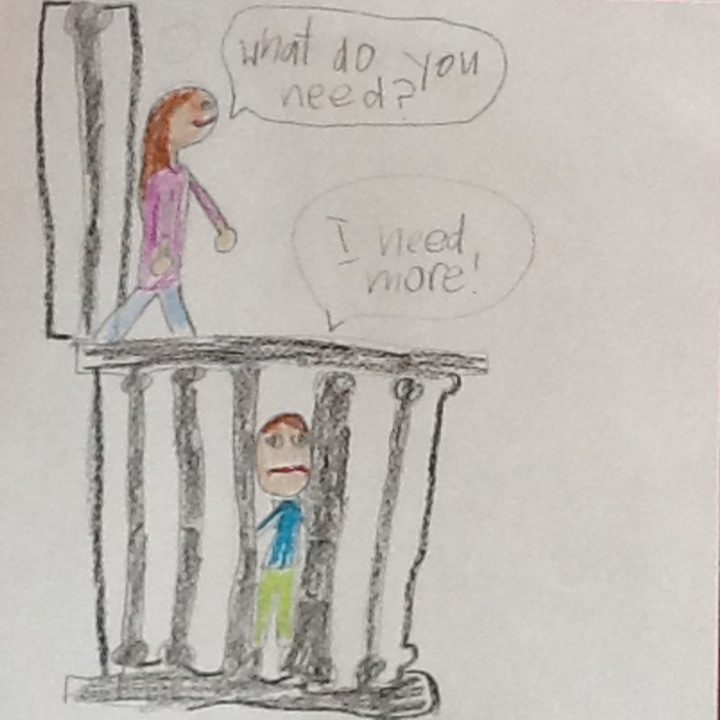

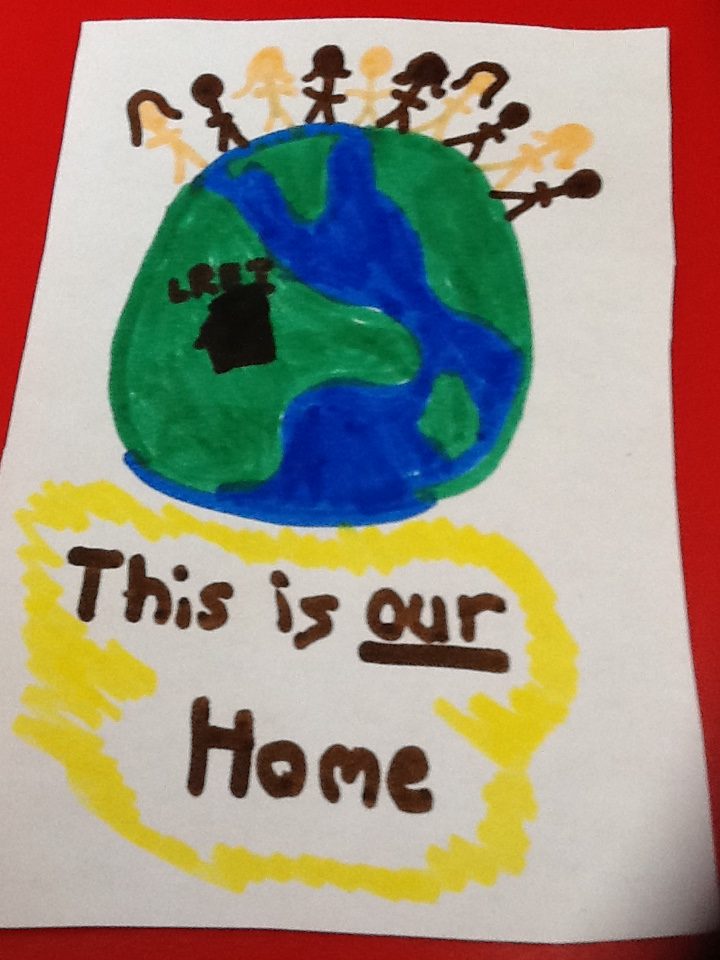
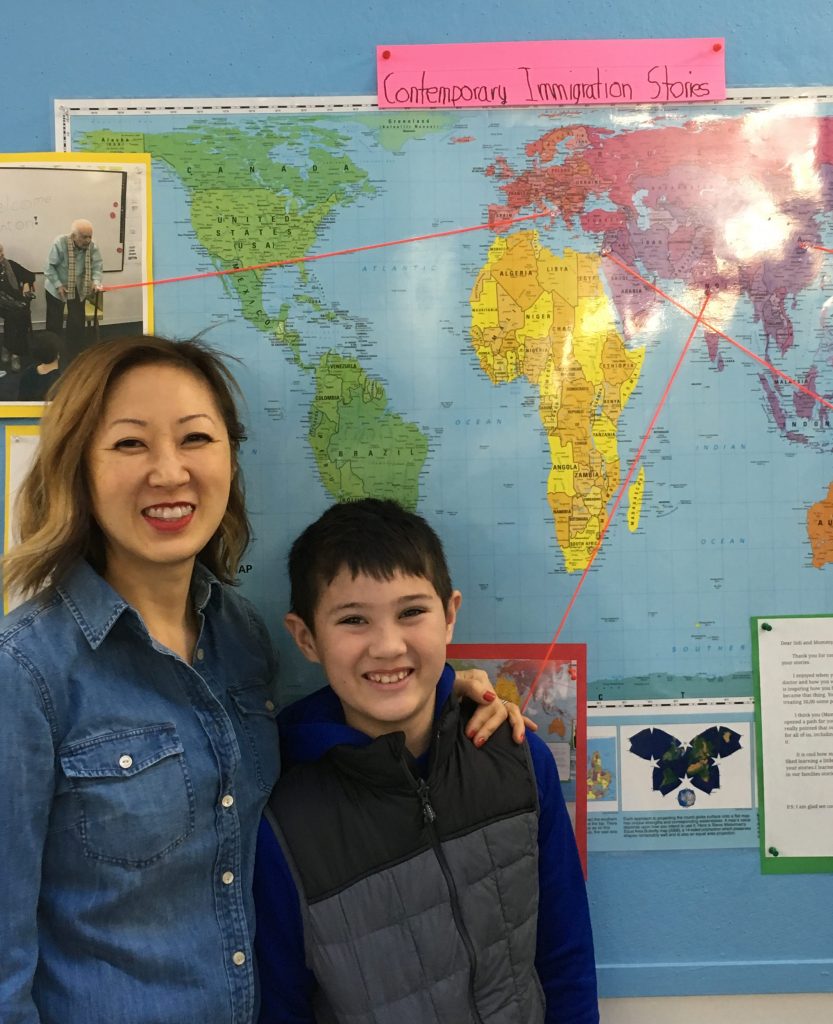 3/9/17
Dear Mom,
Thank you for coming into our class to talk about your immigration from Korea. It was really fun because I really didn’t know all that much about your immigration. I also now see why you talk about hygiene so much. I canNOT imagine not knowing my own parents, you guys are awesome!
Ah, yes, bagels I love bagels too, it’s in my DNA (literally)!
I believe your story was really interesting and I also think that it was funny how you liked the dixie cup dispenser.
Love,
Your son,
Lorenzo Brigode
3/9/17
Dear Mom,
Thank you for coming into our class to talk about your immigration from Korea. It was really fun because I really didn’t know all that much about your immigration. I also now see why you talk about hygiene so much. I canNOT imagine not knowing my own parents, you guys are awesome!
Ah, yes, bagels I love bagels too, it’s in my DNA (literally)!
I believe your story was really interesting and I also think that it was funny how you liked the dixie cup dispenser.
Love,
Your son,
Lorenzo Brigode


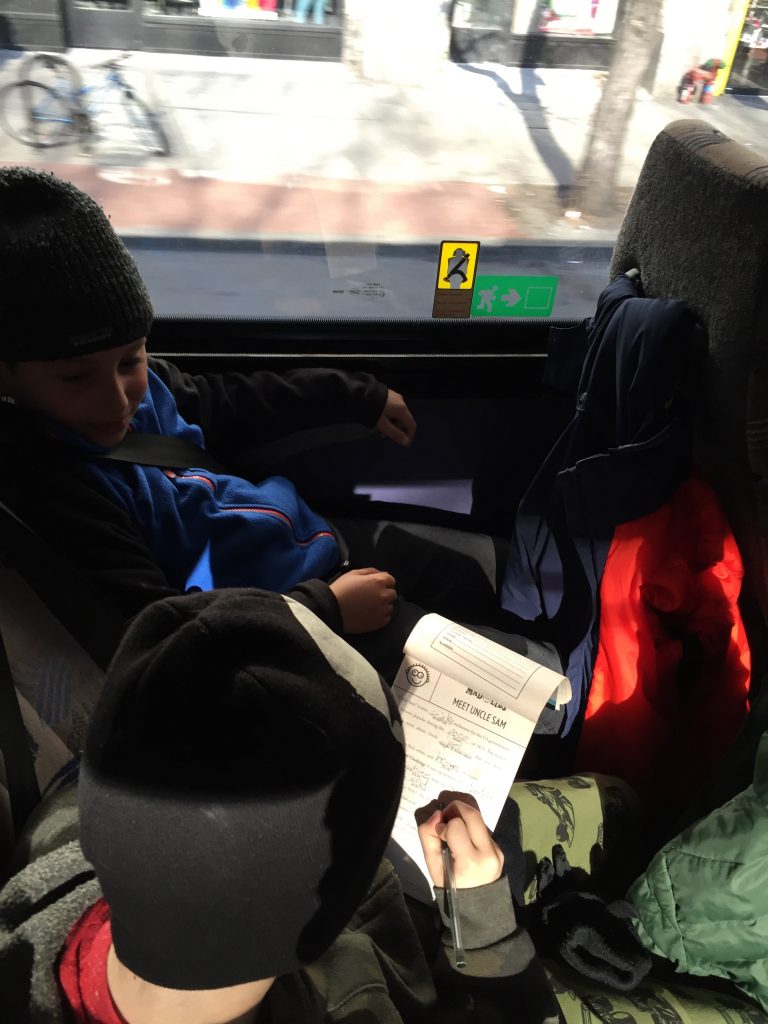
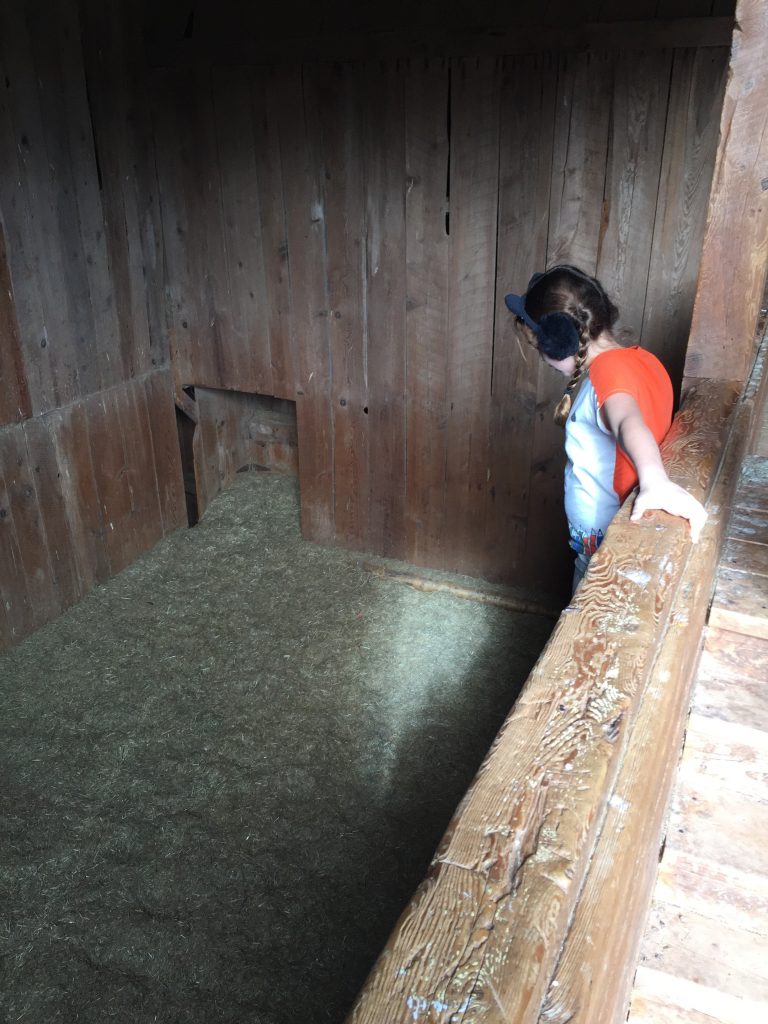
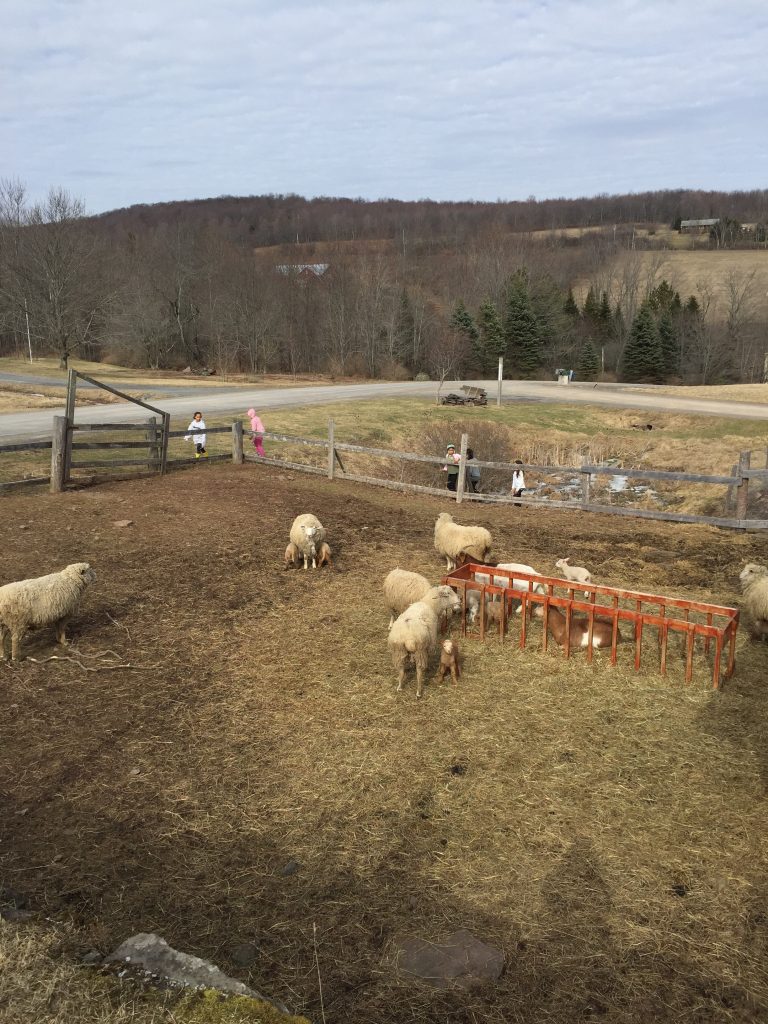
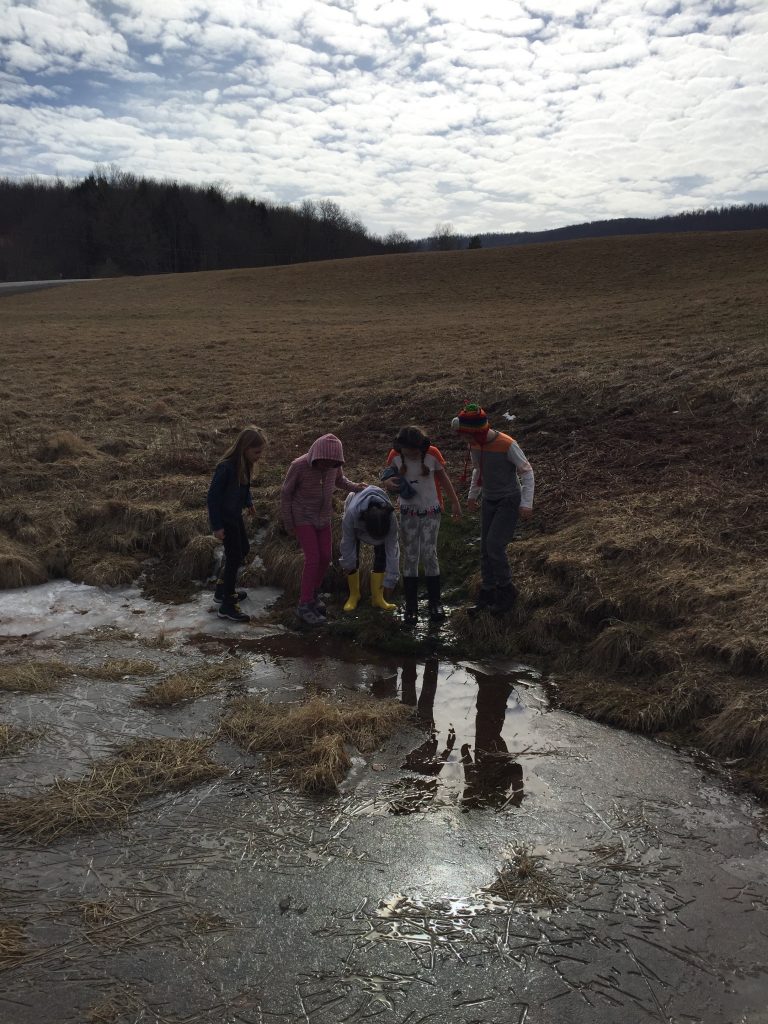
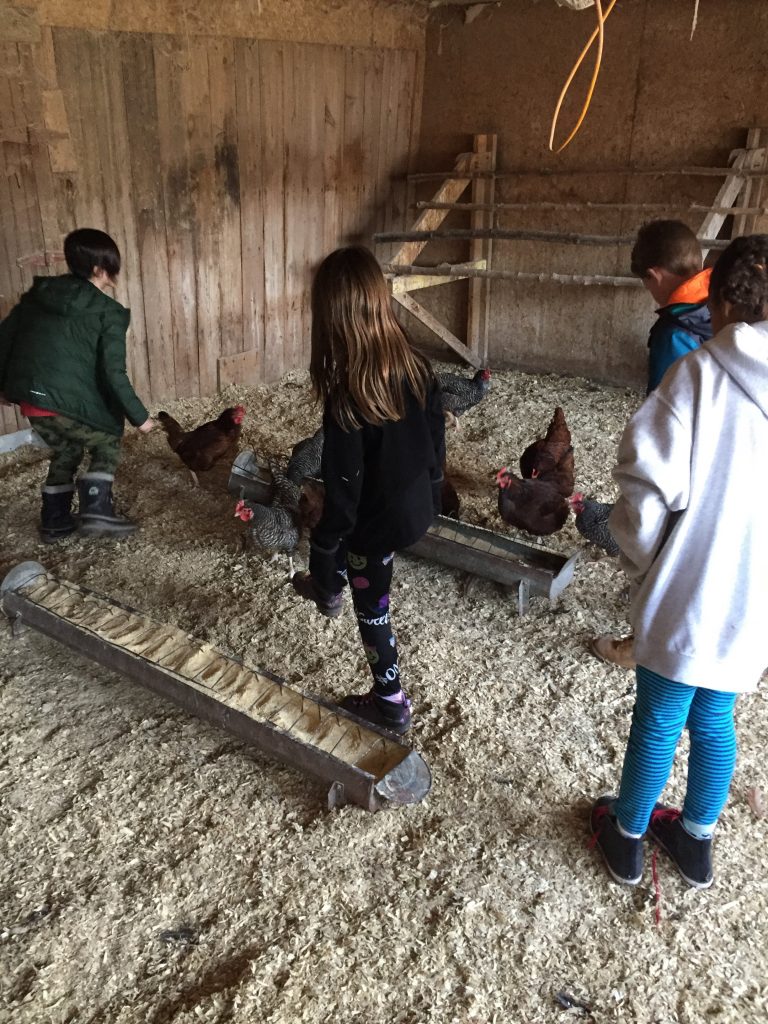
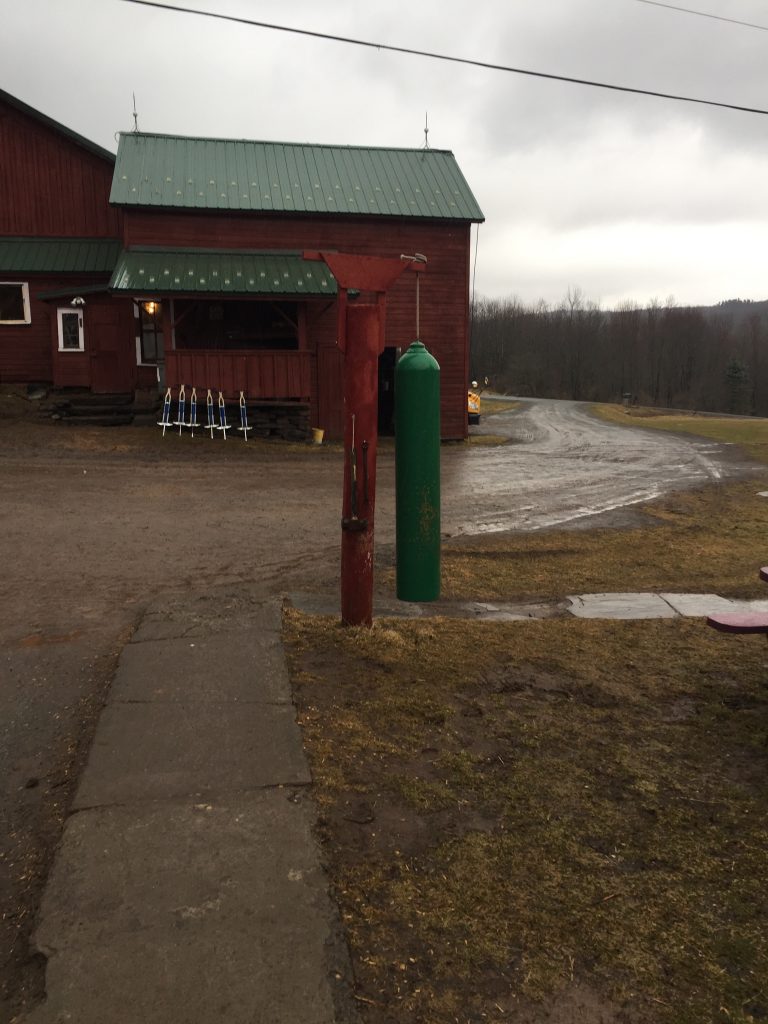

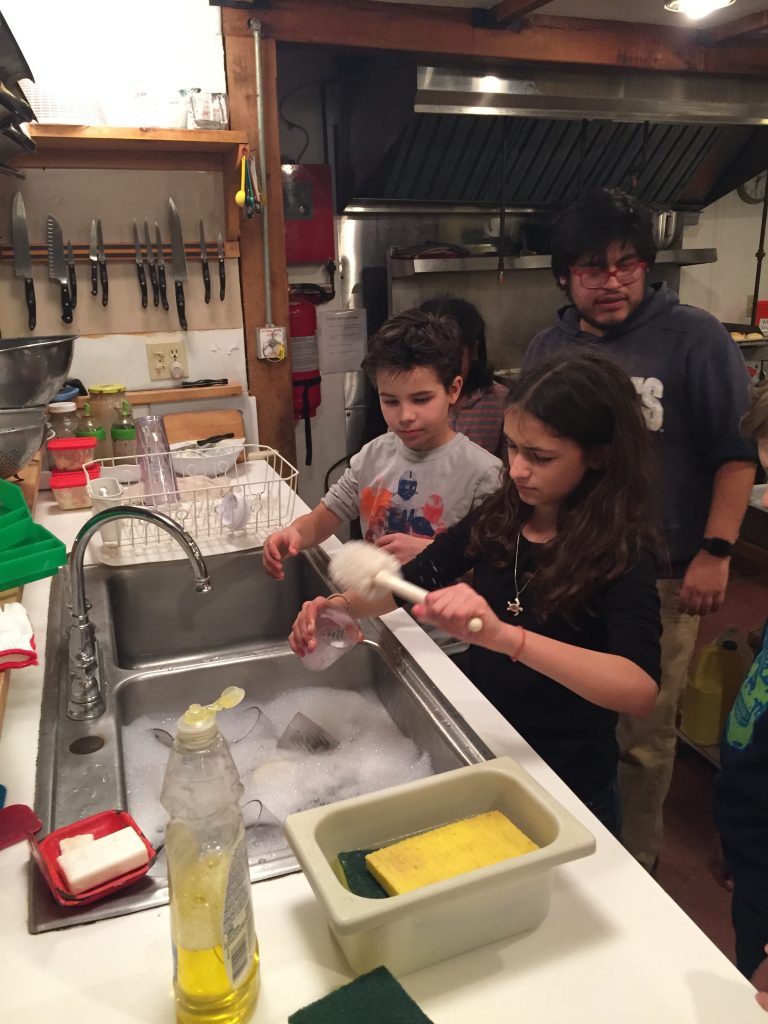
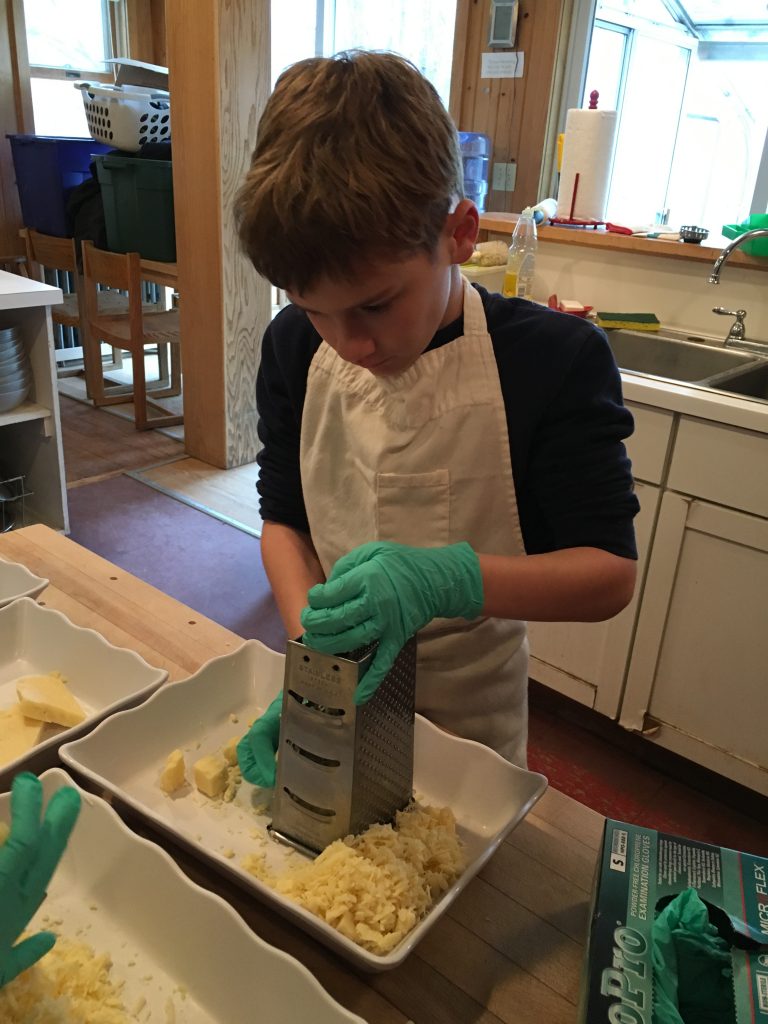
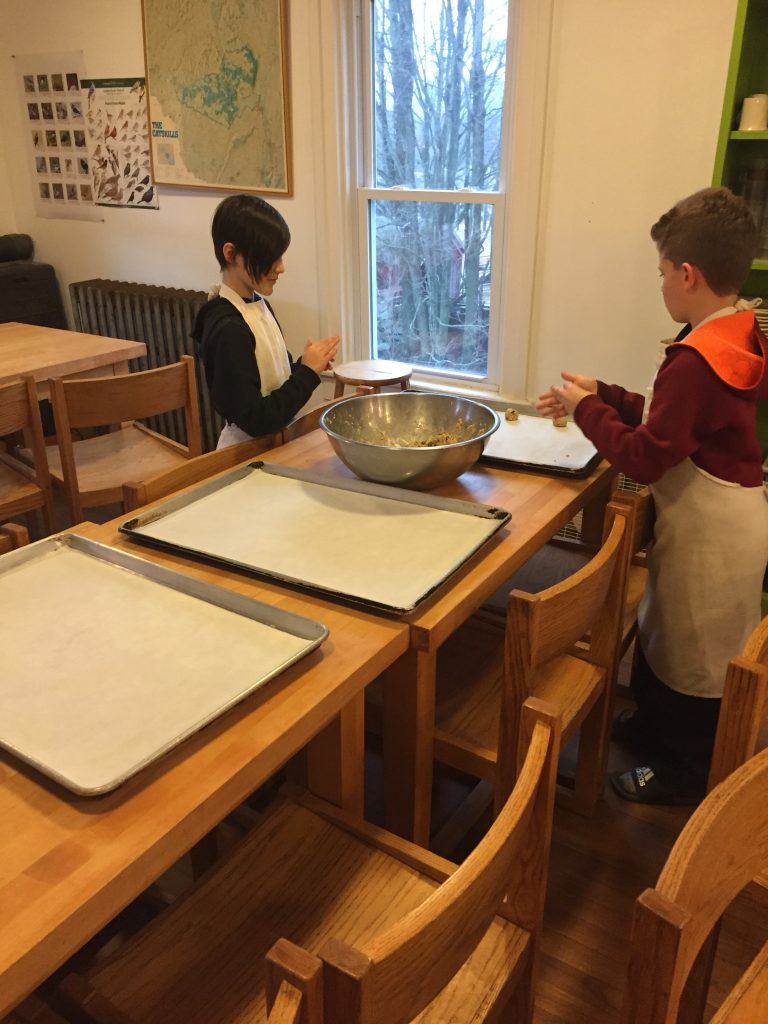
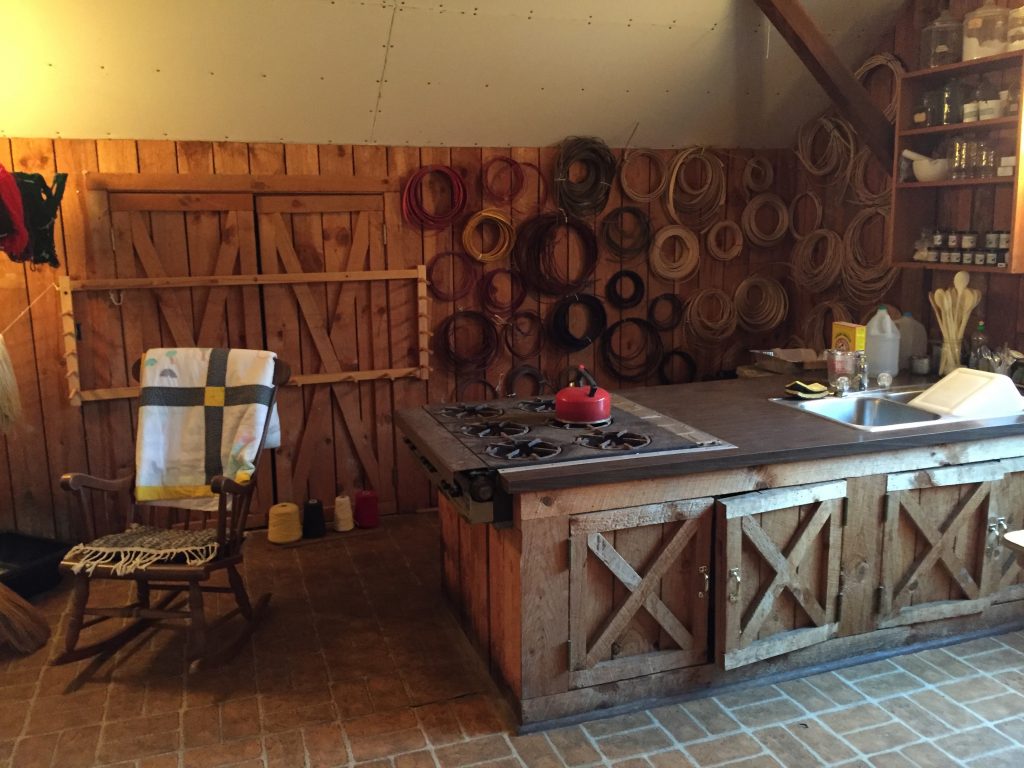

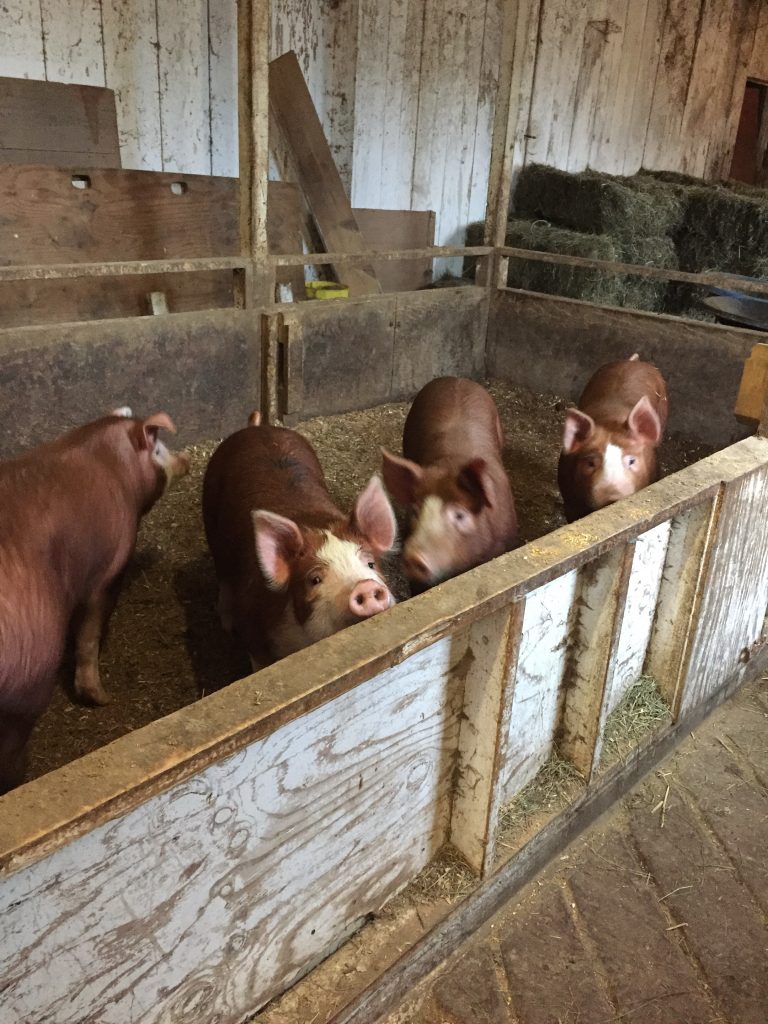
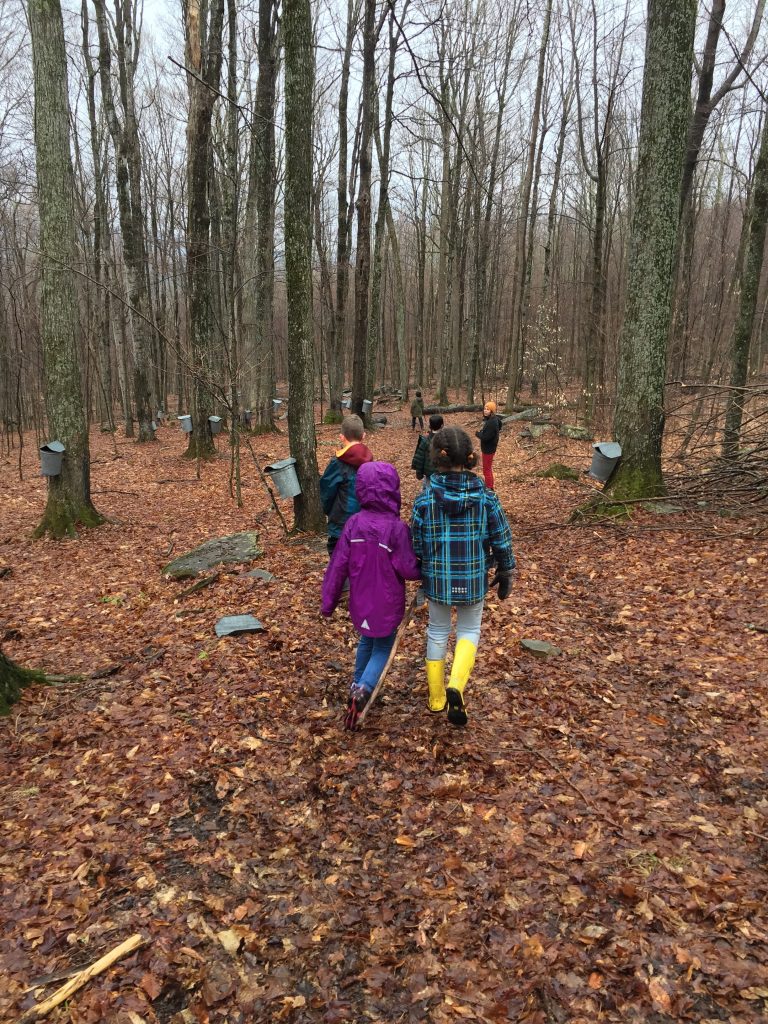
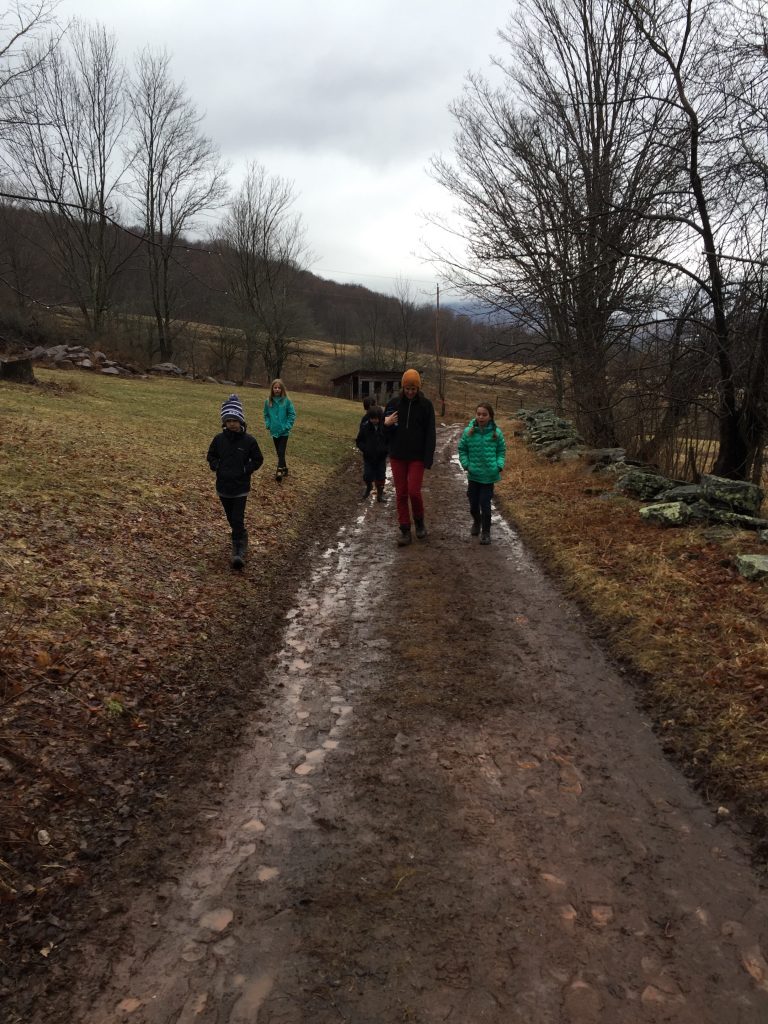

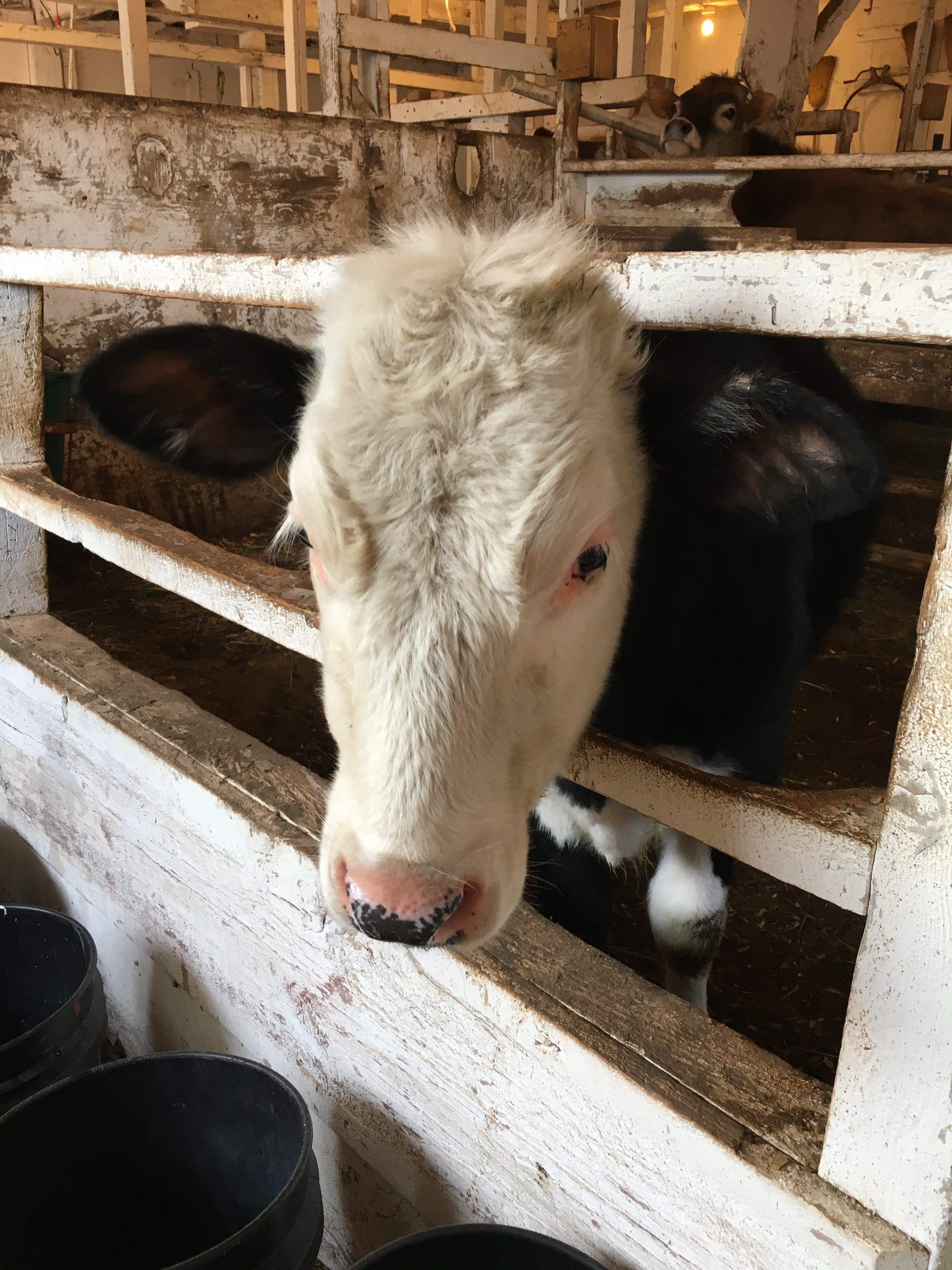 Dear families,
We are having a lot of fun at the farm. We arrived at 1:00 this afternoon, ate homemade cinnamon buns and then unpacked.
Dear families,
We are having a lot of fun at the farm. We arrived at 1:00 this afternoon, ate homemade cinnamon buns and then unpacked.
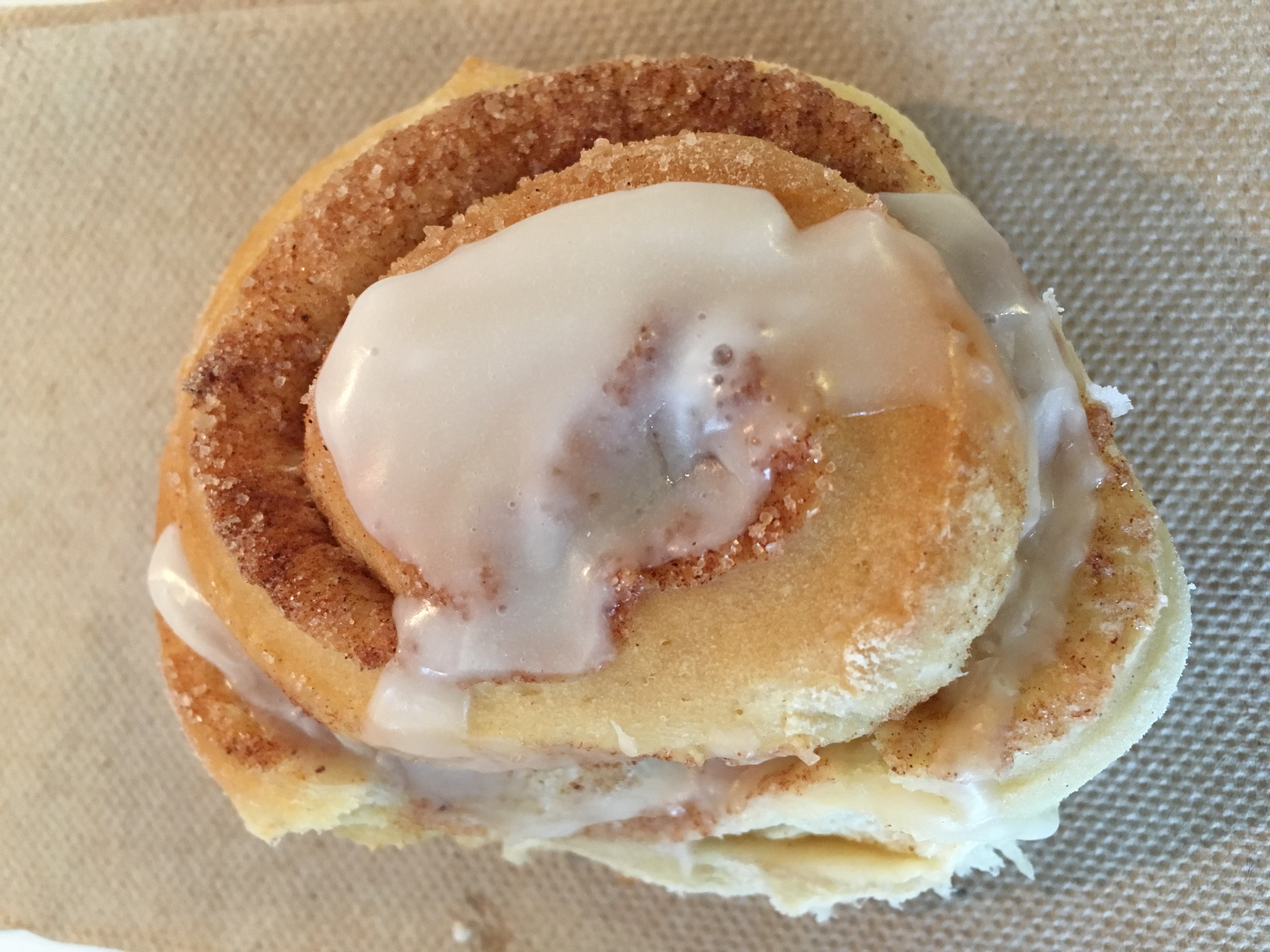
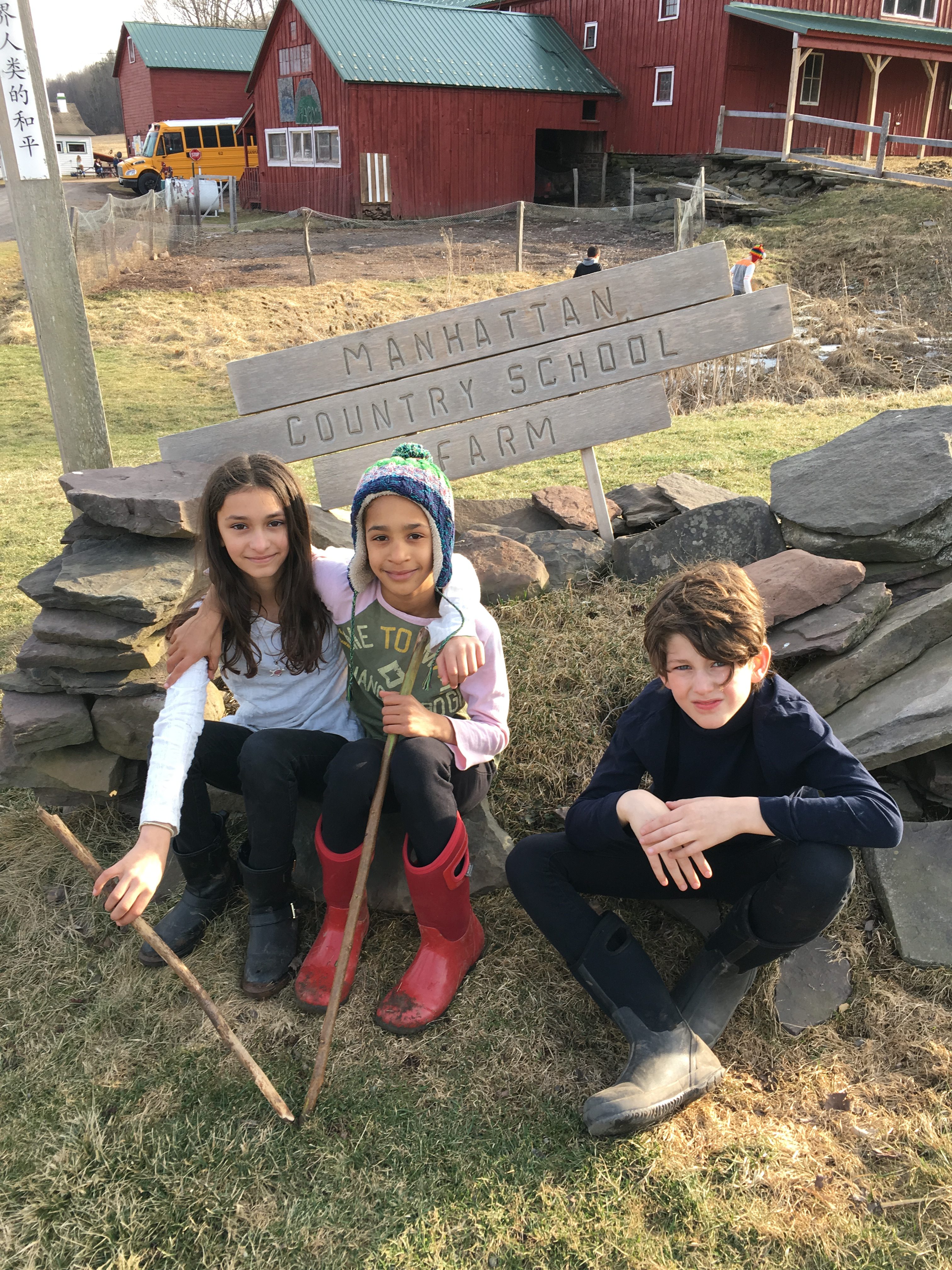
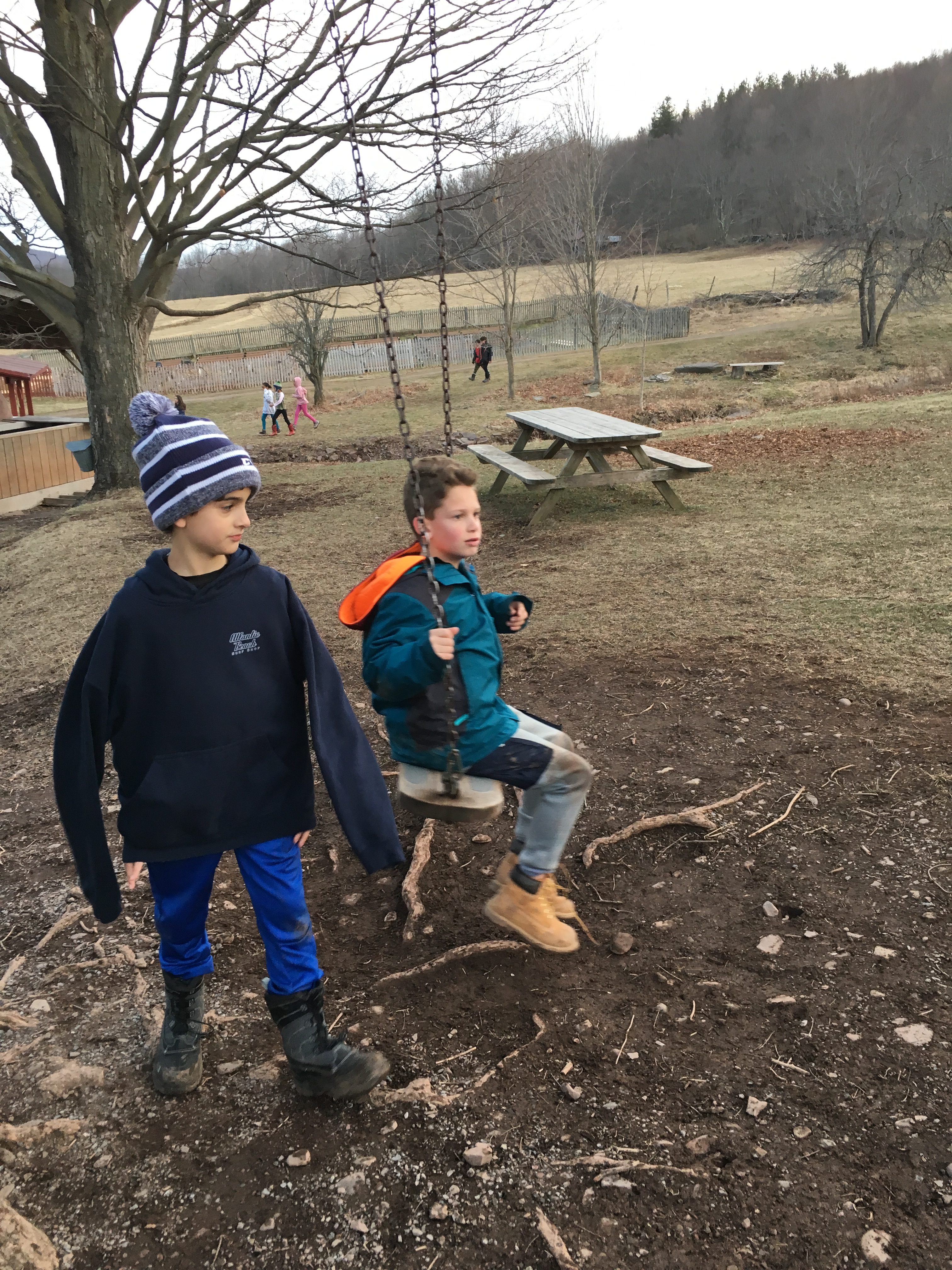

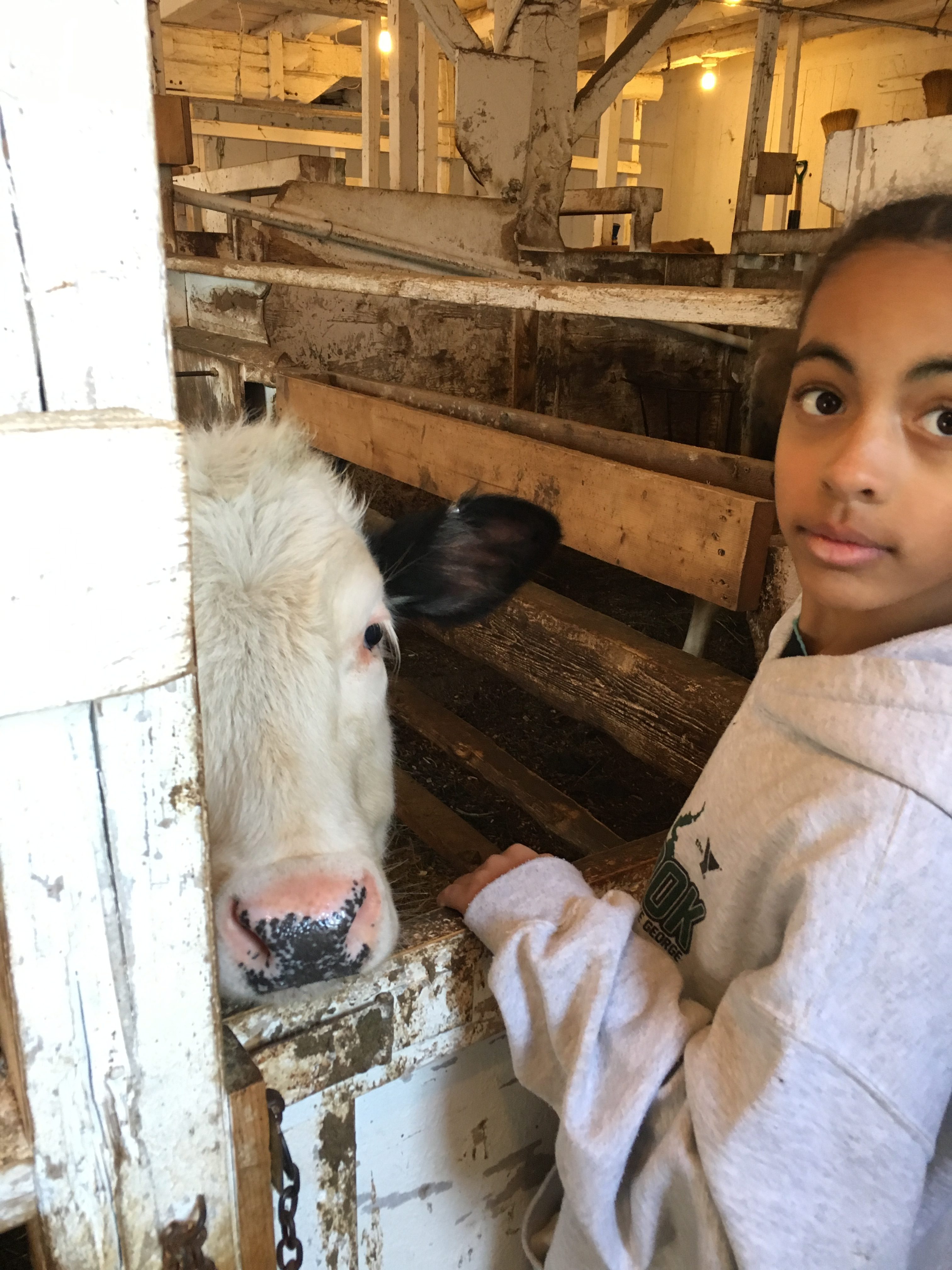

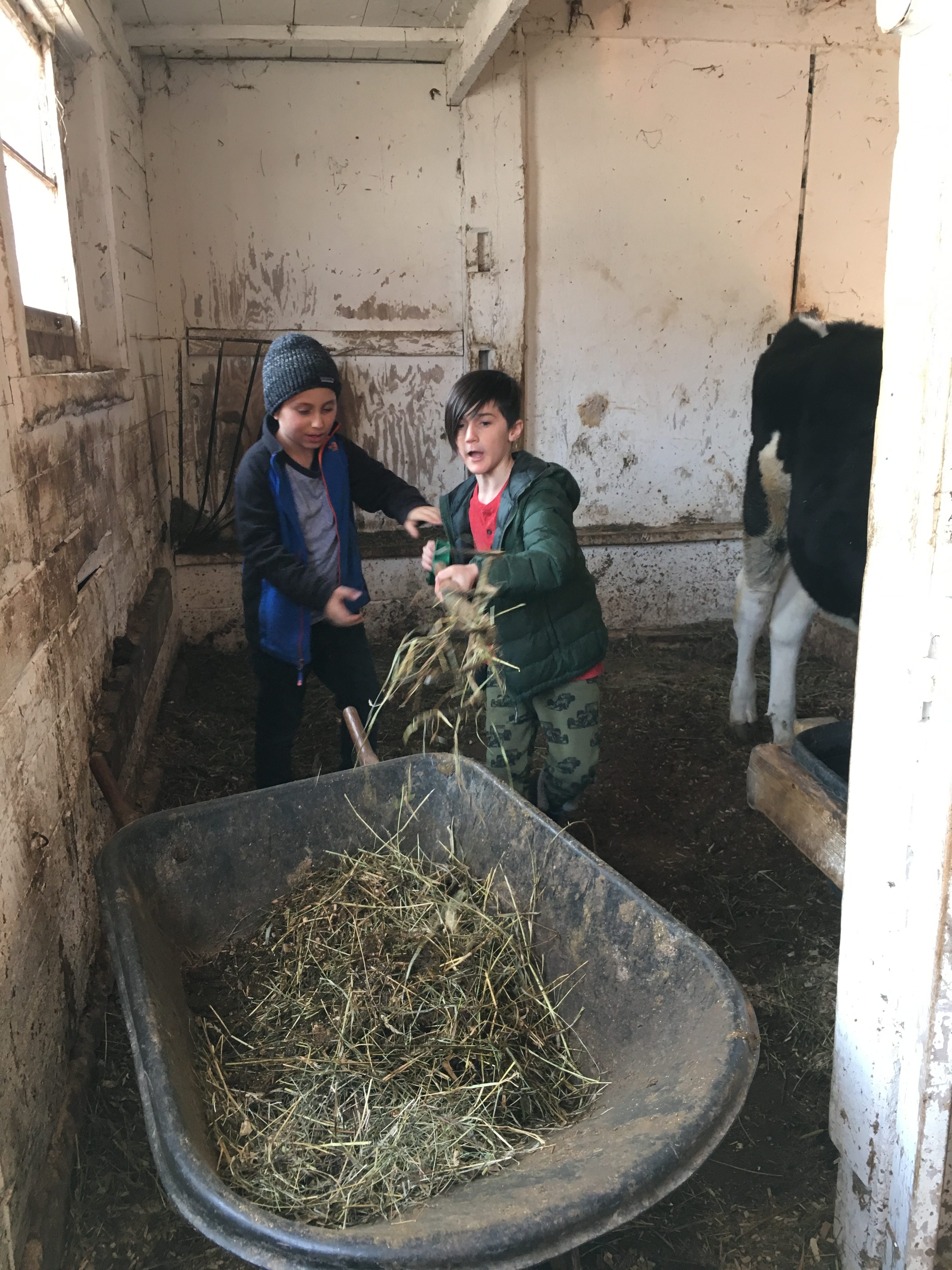

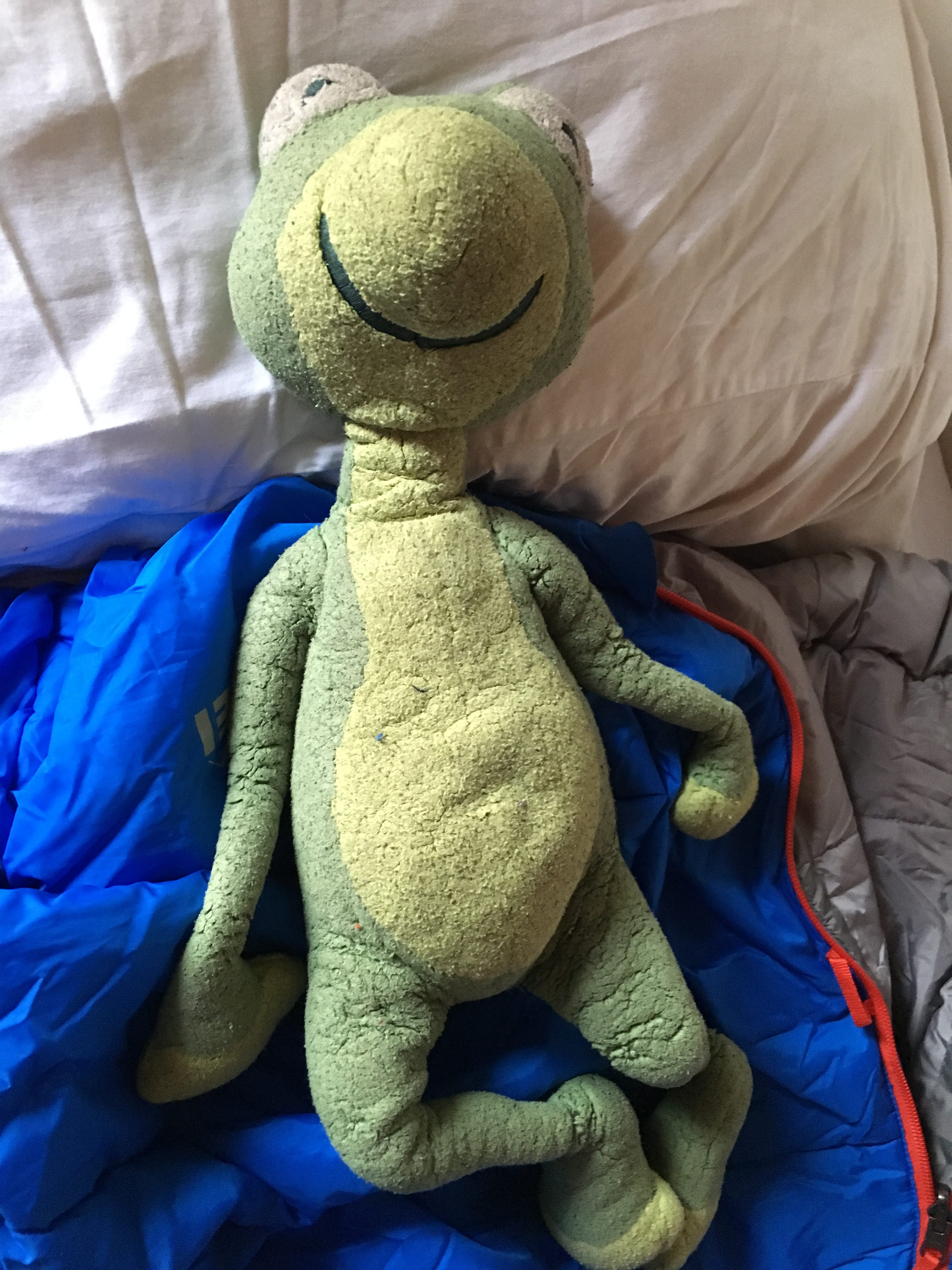
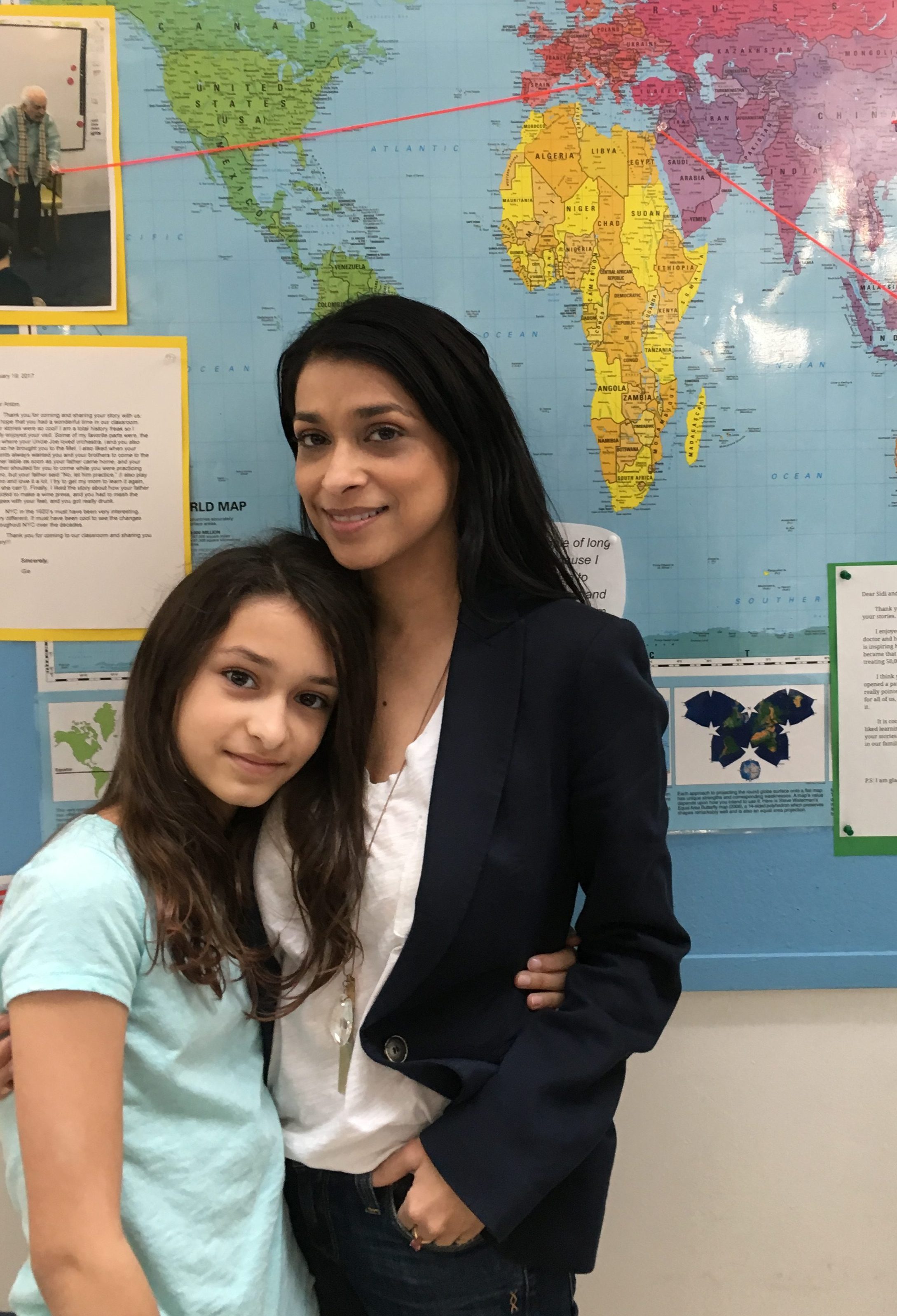
 ]]>
]]> 
 Mother of Zen Ze Chen Shares Her Story with Fourth Graders
By Zen Ze Chen,
NY-NY Today Wen Zhou mother of Zen Ze Chen (me) came over to LREI fourth grade to share her story of her life. She came over to America in August 15, 1985, the purpose of coming here was to seek a better life, education, work, hospitality, food, civilized conditions, warmth, indoor plumbing, and windows with glass.
Wen said, “In Xiapu we had no indoor plumbing, no heating, no windows, we had to make windows out of paper and rice. The rice would act as glue and the paper was the glass. Since there was no heating, at recess we would line up facing the wall and push as hard as you can against the wall.” So it was not anything like New york.
Wen came here on August 15, 1985. She was so surprised when she saw black people and white people, because she really never seen people out of her village. So this was a whole new experience for her. She worked in a factory cleaning the thread of jackets pants and skirts also packaging.
Everyone loved Wen’s story. They thought the conditions at Xiapu there conditions were a lot worse than the city so much they thought it was interesting. Zen said, “It’s like showing a kid a vintage phone. Like the ones where the have the circle and you put your finger into them and turn it. One of those.”
Mother of Zen Ze Chen Shares Her Story with Fourth Graders
By Zen Ze Chen,
NY-NY Today Wen Zhou mother of Zen Ze Chen (me) came over to LREI fourth grade to share her story of her life. She came over to America in August 15, 1985, the purpose of coming here was to seek a better life, education, work, hospitality, food, civilized conditions, warmth, indoor plumbing, and windows with glass.
Wen said, “In Xiapu we had no indoor plumbing, no heating, no windows, we had to make windows out of paper and rice. The rice would act as glue and the paper was the glass. Since there was no heating, at recess we would line up facing the wall and push as hard as you can against the wall.” So it was not anything like New york.
Wen came here on August 15, 1985. She was so surprised when she saw black people and white people, because she really never seen people out of her village. So this was a whole new experience for her. She worked in a factory cleaning the thread of jackets pants and skirts also packaging.
Everyone loved Wen’s story. They thought the conditions at Xiapu there conditions were a lot worse than the city so much they thought it was interesting. Zen said, “It’s like showing a kid a vintage phone. Like the ones where the have the circle and you put your finger into them and turn it. One of those.”

 In a letter written to her sons in 1951, Pauline Newman, who worked at The Triangle Shirt Waist Co. as a young girl, described one of the pivotal chapters in her life as an activist.
“One evening I was walking home from a long day’s work. It was summer. But by evening the air was a bit cool and I rather liked the walk home. The sights were familiar, the usual signs of poverty and all the resulting misery therefrom. As I saw the little children playing in the gutter, the men and women looking tired and drab, the dark and filthy tenements I thought — dear God, will this ever be different? When I got home I sat down and wrote:
“While at work I am thinking only of my own drab existence. I get discouraged and a bit low in my mind – every day the same foreman, the same forelady, the same shirt waists, shirt waists and more shirt waists. The same machines, the same surroundings. The day is long and the task tiresome. In despair I ask — “dear God will it ever be different?”. And on my way home from work I see again those lonely men and women with hopeless faces, tired eyes; harrassed by want and worry — I again ask “will it ever be different?”. I wrote more of the same and when it was done I decided to send it to the Forward. Of course I did not expect it to be accepted or published. I did not think it was good enough for publication. I was not a writer and I knew it. But, I did want to express my feelings and get them down on paper. There was satisfaction in doing just that. I posted the article and did not give it another thought.
A few days later, it was a Saturday, as I was approaching the Triangle factory I noticed a number of my fellow workers holding the Forward and pointing to something, and when they saw me they all shouted congratulation and hailed me as a conquering hero — for my piece was published! I could hardly believe it! but there it was, my name and all. This I believe was one of the highlights in my life. Perhaps a minor one compared with what was to follow in the years ahead. However, at the time it was an achievement I did not anticipate. Encouraged by the success of my first attempt to give expression to my thoughts and feelings I tried again and again and each time my articles and stories were accepted and published. I became “famous” almost over night. In a small way I became the voice of the less articulate young men and women with whom I worked and with whom later I was to join in the fight for improved working conditions and a better life for us all.
(http://trianglefire.ilr.cornell.edu/primary/letters/paulinenewman.html)
In a letter written to her sons in 1951, Pauline Newman, who worked at The Triangle Shirt Waist Co. as a young girl, described one of the pivotal chapters in her life as an activist.
“One evening I was walking home from a long day’s work. It was summer. But by evening the air was a bit cool and I rather liked the walk home. The sights were familiar, the usual signs of poverty and all the resulting misery therefrom. As I saw the little children playing in the gutter, the men and women looking tired and drab, the dark and filthy tenements I thought — dear God, will this ever be different? When I got home I sat down and wrote:
“While at work I am thinking only of my own drab existence. I get discouraged and a bit low in my mind – every day the same foreman, the same forelady, the same shirt waists, shirt waists and more shirt waists. The same machines, the same surroundings. The day is long and the task tiresome. In despair I ask — “dear God will it ever be different?”. And on my way home from work I see again those lonely men and women with hopeless faces, tired eyes; harrassed by want and worry — I again ask “will it ever be different?”. I wrote more of the same and when it was done I decided to send it to the Forward. Of course I did not expect it to be accepted or published. I did not think it was good enough for publication. I was not a writer and I knew it. But, I did want to express my feelings and get them down on paper. There was satisfaction in doing just that. I posted the article and did not give it another thought.
A few days later, it was a Saturday, as I was approaching the Triangle factory I noticed a number of my fellow workers holding the Forward and pointing to something, and when they saw me they all shouted congratulation and hailed me as a conquering hero — for my piece was published! I could hardly believe it! but there it was, my name and all. This I believe was one of the highlights in my life. Perhaps a minor one compared with what was to follow in the years ahead. However, at the time it was an achievement I did not anticipate. Encouraged by the success of my first attempt to give expression to my thoughts and feelings I tried again and again and each time my articles and stories were accepted and published. I became “famous” almost over night. In a small way I became the voice of the less articulate young men and women with whom I worked and with whom later I was to join in the fight for improved working conditions and a better life for us all.
(http://trianglefire.ilr.cornell.edu/primary/letters/paulinenewman.html)